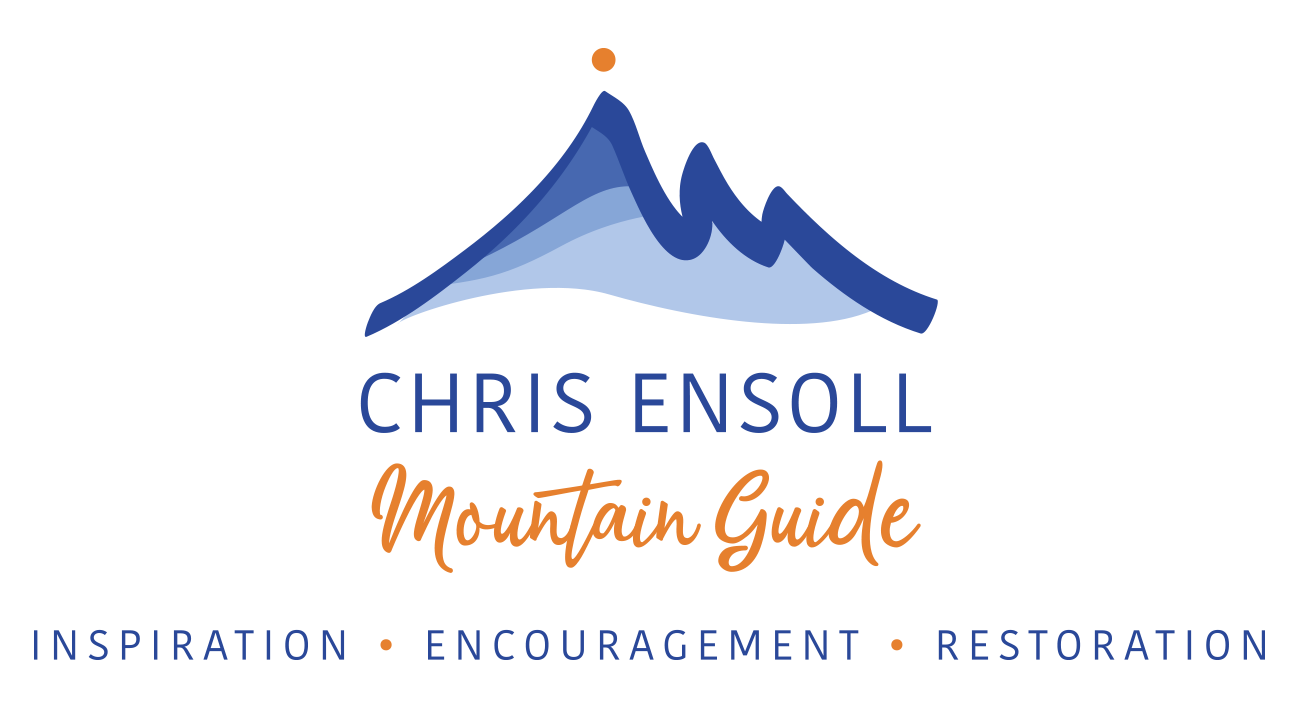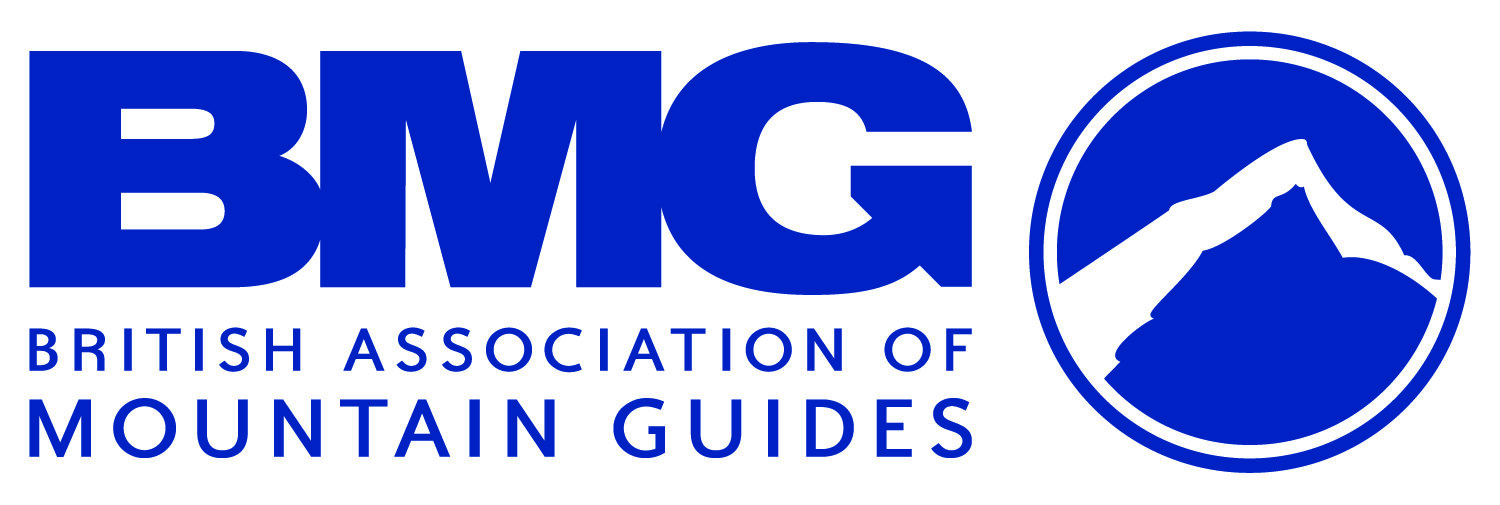Managing Risk in the Mountains #3: Ten Principles for Taking & Reviewing Risk
/According to Merriam-Webster, risk is “the possibility of loss or injury, or someone or something that creates or suggests a hazard.” As a society we are becoming increasingly risk-adverse, but any mountain adventure involves risk to some degree. It can be argued that taking risks can add to the enjoyment and sense of achievement. So how do we decide what is acceptable risk-taking? These ten principles have been adapted from the Authorised Professional Practice of the College of Policing.
Read More







